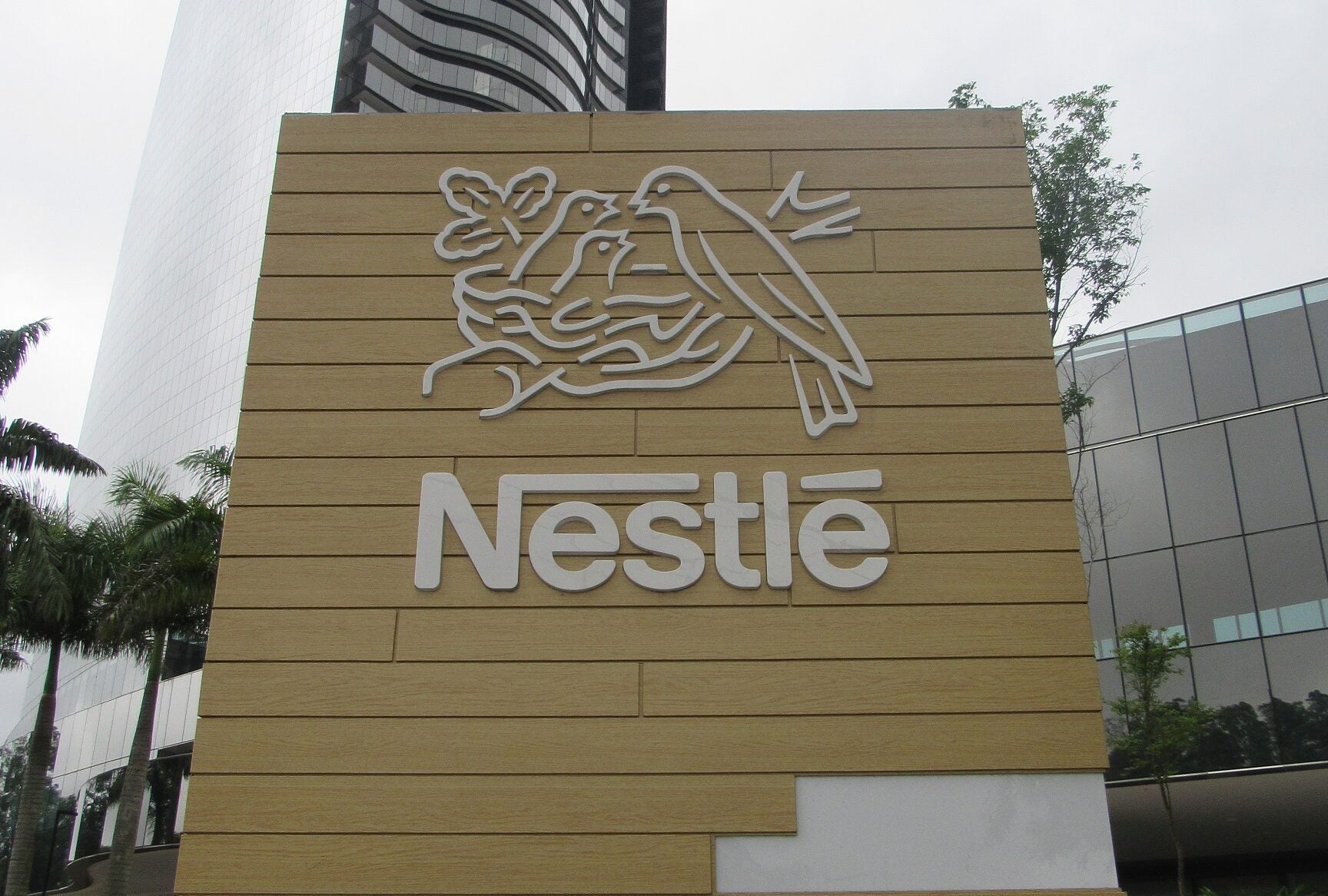
Nestlé is launching a partnership with The Yield Lab Latam, a specialist venture-capital fund investing in technology-based start-ups in Latin America.
The fund is charged with backing nascent agri-food industry businesses to find technology solutions in food production and agricultural methods.
It wants to bring together investors, start-ups, corporates, farmers, the public sector and research bodies to “promote the sustainable transformation of this critical industry”.
Nestlé has committed investment to The Yield Lab Latam from one of its own funds that invests in start-ups and organisations working in two areas: promoting packaging solutions and recycling infrastructure that contribute to circular economies and helping the food sector transition to regenerative agriculture.
The KitKat chocolate and Maggi sauce maker has not said how much money it has invested in the venture.
Maxence de Royer, vice president of strategy, business development and ESG for Nestlé in Latin America, said: “The investment from Nestlé and the partnership with The Yield Lab Latam will help us progress on finding sustainable solutions for the food industry.
“Investing in technological innovation in the agri-food sector and drawing on the energy and creativity of start-ups can help meet common goals such as reducing emissions and increasing biodiversity. This complements our own research work in the area, for example through our new Institute of Agricultural Sciences.”
Santiago Murtagh, managing director of The Yield Lab Latam, said: “The relationship with Nestlé reflects the common vision of committing ourselves and the food production ecosystem to jointly help address the challenges of the industry.
“We are leveraging our proximity to local entrepreneurial talent and the reach of our network of innovation centres. From this local position and the regional experience of having invested in seven Latin American countries, we can act as a bridge between investors in the food industry and innovative solutions for the sustainable production of healthy, nutritious, safe and accessible food for the next generations.”
Nestlé said it is “committed to reduce its carbon footprint in the Latam region throughout its supply chain and its operations” and that one area of focus has been the implementation of regenerative agriculture practices, especially in the dairy supply chain, where the company has already launched more than 80 projects across 11 countries.
Such projects are said to have the potential to help reduce greenhouse gas emissions while restoring natural resources.
Yield Lab Latam was founded in 2017 with offices in Argentina, Brazil, Chile, and Mexico. It is part of The Yield Lab, a network of venture capital firms based in St. Louis, Missouri, in the US.
Nestlé set up its Institute of Agricultural Sciences in February last year
with a goal to “translate novel agricultural science into concrete applications and to identify the most promising agricultural technologies”.
The institute focuses on the areas of plant science, dairy livestock and agricultural systems science and will “assess and combine science-based solutions to improve the nutritional and sensorial qualities and the environmental impact of agricultural raw materials”.
When the institute was launched, Stefan Palzer, Nestlé’s CTO, said: “The new institute will accelerate the translation of science into concrete solutions that can be implemented at farm level, to support farmers globally in improving their environmental footprint, in reducing food and nutrient losses, and in better adapting to climate change while ensuring the quality of the raw materials they produce.”
The company also has sustainable cocoa and coffee sourcing initiatives – the Nestlé Cocoa Plan and the Nescafé Plan.
Nestlé said it invests CHF1.7bn ($1.86bn) a year in research and development.
In April, the European Union (EU) moved to ban products linked to deforestation in a move that will impact cocoa and palm-oil suppliers.
The EU’s legislative body – the European Parliament – ruled that companies will only be allowed to sell products in the EU if the supplier of the product has issued a so-called due diligence statement confirming they do not come from deforested land or have led to forest degradation since 31 December 2020.
